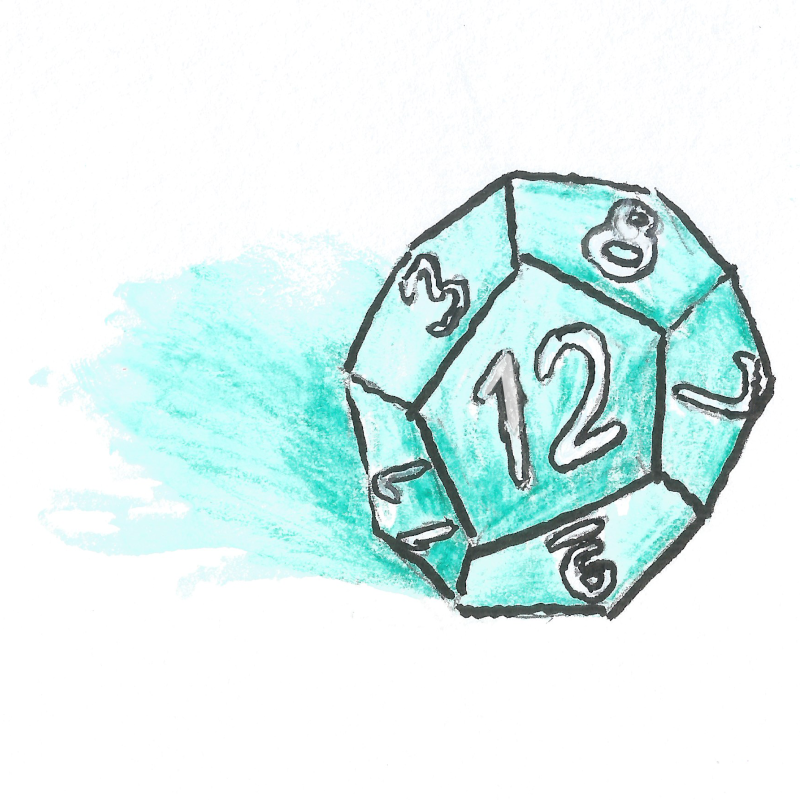This post gets into politics and religion a bit, and I’m connecting some personal experiences and beliefs back to some themes that appeared in my previous posts. If you’d rather skip it because you might disagree with where I end up, I won’t be offended.
Years ago, when I was coming out of my conservative Christian raising, I found Slacktivist’s Left Behind commentary blog. I’d never actually read the book, but I had a fair amount of end-times anxiety from what I’d picked up in the southern Christian zeitgeist. Reading a commentary that critiqued those ideas through a Christian lens was hugely formative for me, slowly disarming my nervous system so it didn’t go on high alert every time the topic was referenced (just in case some bit of speculation might be true).
Fred Clark’s central thesis is that Left Behind was both Bad Theology and Bad Writing, and that its Bad Theology led directly to its Bad Writing.
That is: to have bad ideas about God, the universe, and your fellow man is to be unable to write about a fictional world and its people in a convincing way.
If you hate your characters, readers will see that.
If you’re fooled by your characters’ obvious self-deception, readers will see that too.
Not only that, they might even feel pity for the characters you’ve stifled. Both your heroes and villains deserve better than being caricatures that reinforces your worldview.
As I wrote my “Writing TTRPG Factions” series, I see that thesis informing much of my world-building when I GM.
Being able to write an NPC, a faction, a plot, or an entire culture in your game world requires getting in someone else’s head. If everyone in the world works off of your own personal assumptions in some way, you risk creating a flatter, more predictable world. If you start from the premise of what they are or do and don’t think about how they got there, your characters will be more static.
This is not to say that you should empathize with everyone in your game world. You can understand a villainous NPC’s thought process and still find them abhorrent. But if you can identify your own assumptions and where an NPC might diverge from them in good faith, you can create a wider variety of both good and bad characters.
You can start with questions like:
- What would I do if I truly, existentially feared (plot point) ?
- What might I do if I didn’t believe in (core value) ?
- What if someone prioritized these conflicting concerns in a different way than I would?
- What might I do if I wasn’t aware of some aspect of myself (good or bad)?
It’s easy to reflexively dismiss answers that don’t align with your worldview.
“Well, they made the wrong choice, so they’re either dumb or naive.”
“Of course they’d do the worst possible thing here; they’re evil and they know it.”
Non-judgmentally considering those questions gives you the ability to create complex NPCs and factions, even if they turn out to be clearly villainous and evil. It’s an exercise in not seeing yourself as the center of the world, of not assuming there is a single right answer to every question.
- What if creatures from other planes thought in ways that were completely alien to most of us? 1
- What if good deities and their followers had deeply conflicting ideas about how to solve the same problem, not because of practical considerations, but because of other factors?
- What if agents of the evil Empire were sometimes clear-eyed about a real problem?
- What if a chaotic evil trickster didn’t have a master plan, he was just trying to survive and keep himself amused?
I’m not going to say I’ve mastered stepping outside of myself. I have a deeply cynical and misanthropic streak; I want us to be better but I’m increasingly worried we don’t want to be (and maybe can’t want to be). Hot stove touching continues apace in all walks of life and I hate it.
But that cynicism and misanthropy–which has been well-earned in some cases–can also blind me. A world of storytelling opens up If I’m not focused on the grimmest and grittiest possible outcomes, of disappointing antiheroes and villains who can only lie to themselves.
I can create worlds I’m more proud of and have more fun doing it if I let my characters be their own people, even if they’re very different from me. In fact, I might have to love my own NPCs and want the best for them–all of them, even the worst of them–to make them compelling.
1 Bible scholar Pete Enns’ books, such as The Evolution of Adam, have indirectly influenced my world-building. He argues that writings from completely different times and places (such as the Bible) will contain ways of thinking and genres of writing completely alien to our own. Using that idea as inspiration for creating new fantasy cultures—what if these people thought completely differently than I do?—means I’m less likely to create a world where everyone the players meet parses as some variation of an early-21st-century white American while convincing myself some minor difference has broken them out of that mold.
